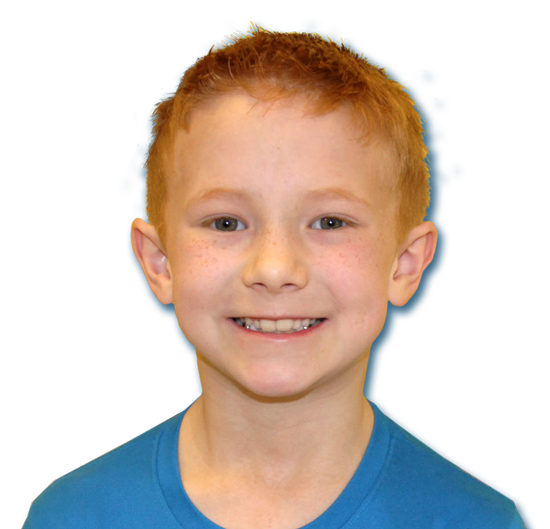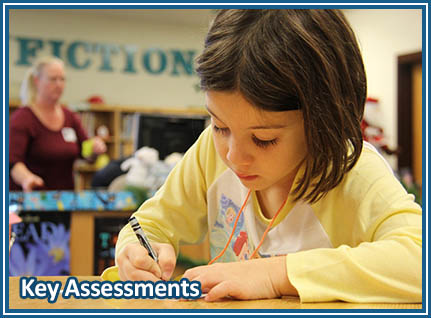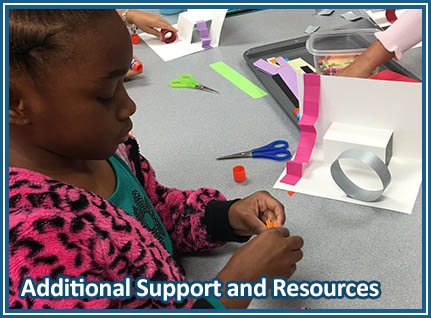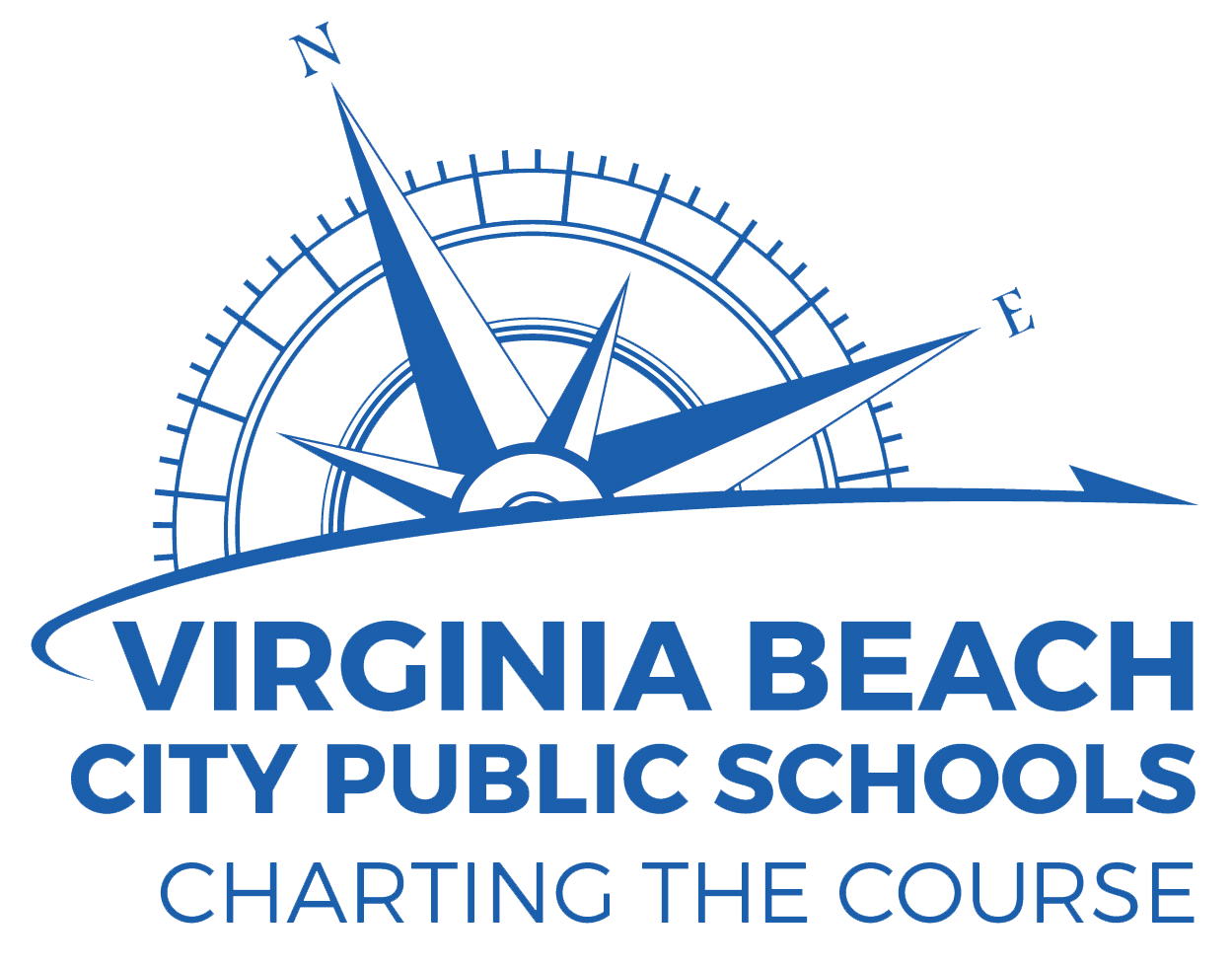
In first grade, students begin to master the basic building blocks of reading and writing as they develop critical literacy skills. They also continue to develop their understanding of how numbers work to learn more complicated addition and subtraction skills. In addition, all first-grade students are screened to determine their eligibility to receive gifted education services.







Social Studies
Your child will learn about the concept of community. He will learn to apply the traits of a citizen and recognize that communities in Virginia include people who have diverse ethnic origins, customs and traditions. He will also study concepts of the economy, geography, and history.